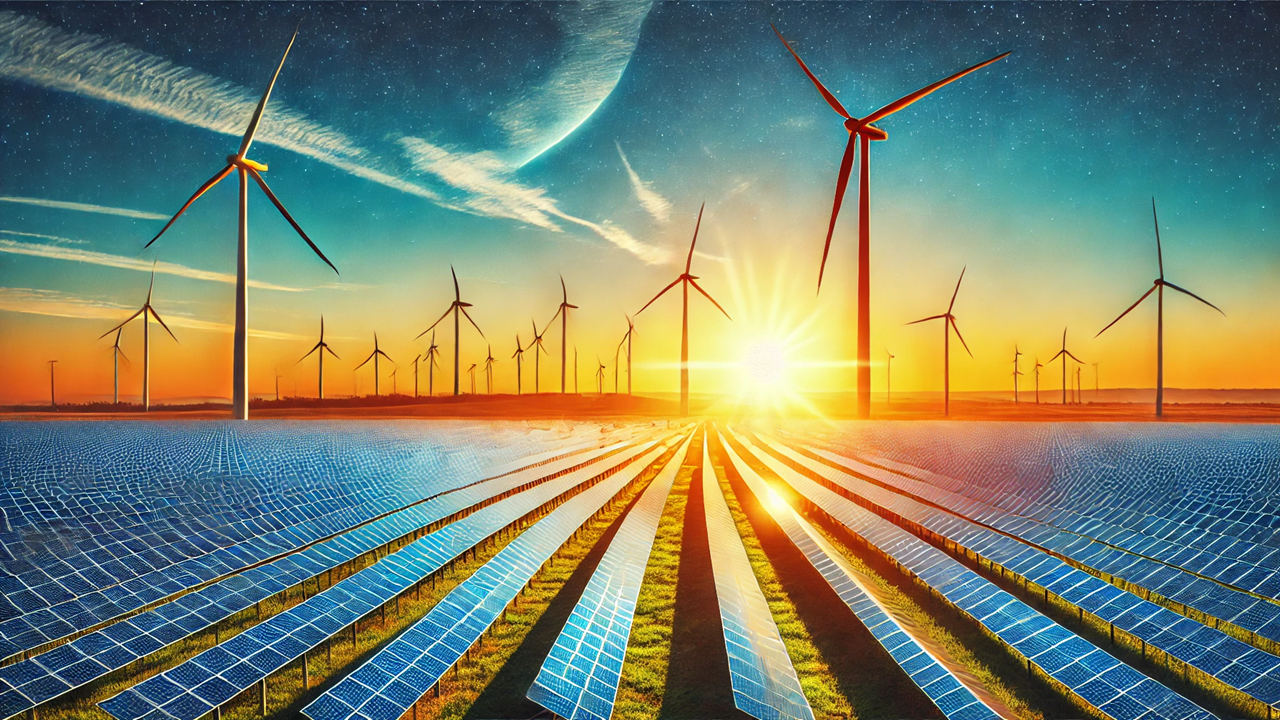The Asian Development Bank (ADB) and Abu Dhabi Future Energy PJSC (Masdar) have finalized two loans to construct two of Azerbaijan’s largest solar power plants in the Bilasuvar and Neftchala districts, situated less than 140 kilometers from the capital city, Baku.
With a combined capacity of 760 megawatts (MW), the solar plants are projected to offset approximately 725,000 tons of carbon dioxide emissions annually, significantly contributing to Azerbaijan's climate commitments and tripling the nation's solar energy capacity.
ADB has structured a financing package of $160 million to support the projects. This includes:
Bilasuvar Power Plant: Up to $48 million from ADB’s ordinary capital resources and $46 million from the Leading Asia’s Private Infrastructure Fund 2 (LEAP2).
Neftchala Power Plant: Up to $33.5 million from ADB’s ordinary capital resources and $32 million from LEAP2.
LEAP2, managed by ADB with a $1.5 billion commitment from the Japan International Cooperation Agency (JICA), prioritizes sustainable infrastructure projects in developing member countries to reduce carbon emissions and enhance energy efficiency.
Key Collaborators in the Solar Initiative
ADB joins forces with the Asian Infrastructure Investment Bank (AIIB) and the European Bank for Reconstruction and Development (EBRD) as co-lenders for these transformative solar power projects. Masdar, a renewable energy pioneer with over 20 gigawatts of operational and in-progress capacity, is the project developer, in partnership with SOCAR Green, a subsidiary of Azerbaijan’s State Oil Company (SOCAR). SOCAR Green will oversee project implementation and strategize efforts to cut national carbon emissions.
Suzanne Gaboury, ADB’s Director General for Private Sector Operations, emphasized the initiative’s broader impact:“By harnessing Azerbaijan’s solar potential, we are enhancing the country’s energy security and providing a model for sustainable development that can be replicated across the region. The Bilasuvar and Neftchala power plants showcase the dynamic potential of Azerbaijan’s energy sector to catalyze private sector growth and attract international investment.”
A Vision for a Sustainable Future
These projects align with Azerbaijan’s renewable energy targets, marking a significant step toward diversifying its energy sources. The initiative supports the government’s commitment to reducing reliance on fossil fuels and bolstering energy security through sustainable alternatives.
Masdar’s involvement underscores its global leadership in renewable energy. Established in 2006, Masdar has pledged to expand its clean energy portfolio to 100 gigawatts by 2030, contributing to global climate goals.
Future Implications for the Region
The Bilasuvar and Neftchala projects set a precedent for private-public collaborations in Azerbaijan’s energy transition. The solar plants will serve as a blueprint for sustainable energy investments in the region, reinforcing the role of multilateral financial institutions in accelerating green energy projects.
By leveraging international partnerships and fostering innovation, Azerbaijan is charting a path to a cleaner, more resilient energy future.











